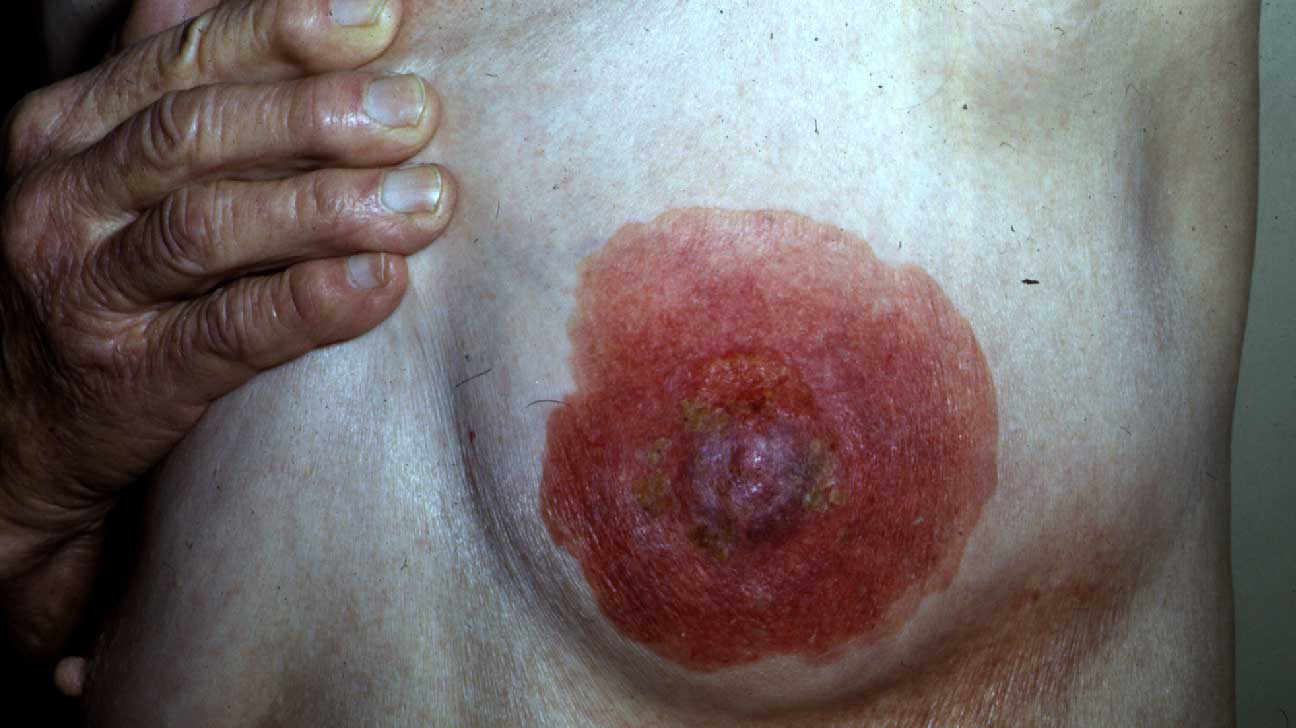
Type 1 Paget's Disease is a rare condition that affects the bones, causing them to become enlarged and misshapen. Unlike other bone disorders, this disease often targets specific areas, leading to localized symptoms. Commonly affecting the pelvis, spine, skull, and legs, it can result in pain, fractures, and arthritis in the joints near the affected bones. While the exact cause remains unknown, researchers believe a combination of genetic and environmental factors play a role. Early diagnosis and treatment are crucial for managing symptoms and preventing complications. This post will delve into 25 intriguing facts about Type 1 Paget's Disease, shedding light on its symptoms, causes, and treatments.
Key Takeaways:
- Paget's Disease of Bone disrupts normal bone renewal, causing pain, fractures, and deformities. Early diagnosis and treatment can help manage symptoms and prevent complications, improving quality of life.
- Living with Paget's Disease involves medical treatment, lifestyle changes, and regular check-ups. Understanding the condition and its impact is crucial for leading a more comfortable life.
What is Type 1 Paget's Disease?
Type 1 Paget's Disease, also known as Paget's Disease of Bone, is a chronic disorder that can result in enlarged and misshapen bones. This condition disrupts the normal cycle of bone renewal, causing bones to become fragile and misshapen.
-
Named After Sir James Paget: The disease is named after Sir James Paget, a British surgeon who first described the condition in 1877.
-
Affects Bone Remodeling: In healthy individuals, bone tissue is constantly being broken down and rebuilt. Paget's Disease disrupts this process, leading to abnormal bone structure.
-
Common in Older Adults: It primarily affects people over the age of 50. The risk increases with age.
-
More Common in Men: Men are more likely to develop Paget's Disease than women.
-
Genetic Factors: There is a genetic component to the disease. If a family member has it, your risk increases.
Symptoms of Type 1 Paget's Disease
Symptoms can vary widely. Some people may not experience any symptoms, while others may have severe complications.
-
Bone Pain: One of the most common symptoms is bone pain, which can be persistent and severe.
-
Bone Deformities: Affected bones may become enlarged and misshapen, leading to noticeable deformities.
-
Fractures: The weakened bones are more susceptible to fractures, even with minor injuries.
-
Arthritis: The disease can lead to arthritis, particularly in the hips and knees, due to the abnormal bone structure.
-
Hearing Loss: If the skull is affected, it can lead to hearing loss due to the compression of nerves.
Diagnosis of Type 1 Paget's Disease
Early diagnosis is crucial for managing symptoms and preventing complications.
-
X-rays: X-rays can reveal bone abnormalities characteristic of Paget's Disease.
-
Bone Scans: A bone scan can show areas of increased bone activity, which is a hallmark of the disease.
-
Blood Tests: Elevated levels of alkaline phosphatase in the blood can indicate the presence of Paget's Disease.
-
Biopsy: In some cases, a bone biopsy may be necessary to confirm the diagnosis.
Treatment Options
While there is no cure, various treatments can help manage symptoms and improve quality of life.
-
Medications: Bisphosphonates are commonly prescribed to slow down bone remodeling.
-
Pain Relief: Over-the-counter pain relievers like acetaminophen or ibuprofen can help manage pain.
-
Physical Therapy: Physical therapy can improve mobility and strengthen muscles around affected bones.
-
Surgery: In severe cases, surgery may be necessary to correct deformities or replace damaged joints.
-
Calcium and Vitamin D: Supplements can help maintain bone health and prevent further complications.
Complications of Type 1 Paget's Disease
If left untreated, the disease can lead to several serious complications.
-
Heart Failure: The increased blood flow to affected bones can strain the heart, leading to heart failure in severe cases.
-
Bone Cancer: Although rare, Paget's Disease can increase the risk of developing bone cancer.
-
Nerve Compression: Enlarged bones can compress nearby nerves, leading to pain, tingling, or numbness.
-
Vision Problems: If the skull is affected, it can lead to vision problems due to pressure on the optic nerve.
-
Hearing Loss: As mentioned earlier, hearing loss can occur if the bones in the skull compress auditory nerves.
Living with Type 1 Paget's Disease
Managing the disease involves a combination of medical treatment and lifestyle changes.
- Regular Check-ups: Regular medical check-ups are essential for monitoring the disease and adjusting treatment as needed.
Living with Type 1 Paget's Disease requires ongoing management and support. Understanding the condition and its impact can help individuals lead a more comfortable life.
Final Thoughts on Type 1 Paget's Disease
Type 1 Paget's Disease, though rare, carries significant implications for those affected. Understanding its symptoms, causes, and treatments can help manage this condition more effectively. Early diagnosis is crucial for better outcomes. Regular check-ups and staying informed about the latest research can make a big difference. Remember, while it might seem daunting, support from healthcare professionals and loved ones can provide much-needed comfort. Stay proactive about your health, and don't hesitate to seek medical advice if you notice any unusual symptoms. Knowledge is power, and being aware of the facts surrounding Type 1 Paget's Disease can lead to better management and improved quality of life. Stay informed, stay healthy, and take charge of your well-being.
Frequently Asked Questions
Was this page helpful?
Our commitment to delivering trustworthy and engaging content is at the heart of what we do. Each fact on our site is contributed by real users like you, bringing a wealth of diverse insights and information. To ensure the highest standards of accuracy and reliability, our dedicated editors meticulously review each submission. This process guarantees that the facts we share are not only fascinating but also credible. Trust in our commitment to quality and authenticity as you explore and learn with us.
